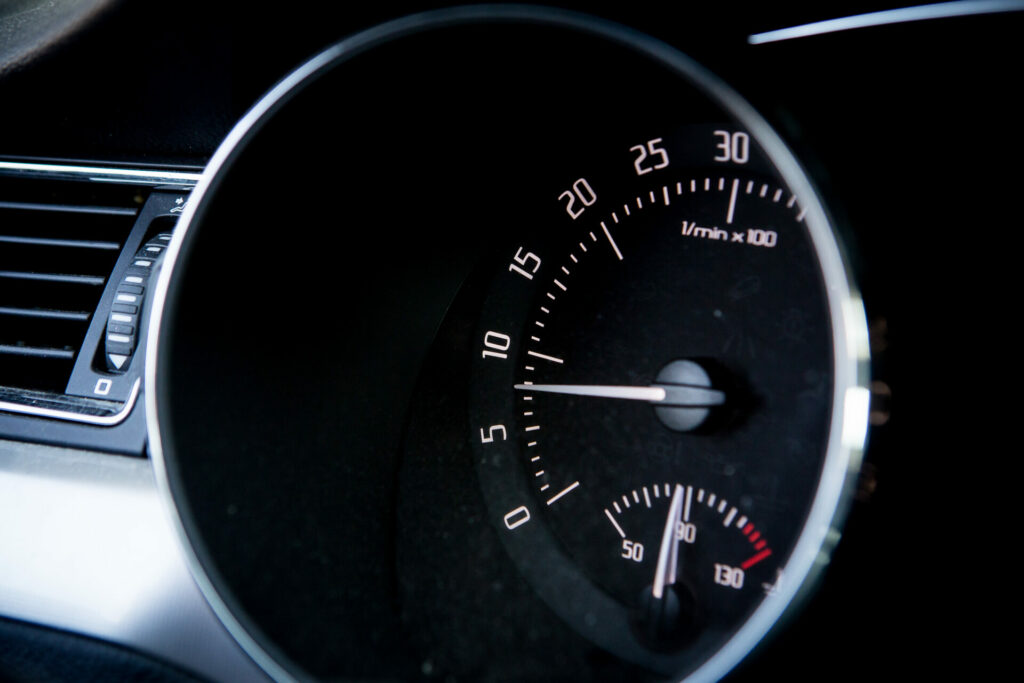The speed-limiting technology which is already being fitted in new vehicle models will soon become compulsory for all new cars in the hopes of reducing fatal accidents.
Excessive speed is one of the main causes of road accidents in the European Union (EU), including in Belgium. Here, one in three fatal accidents is due to inappropriate or excessive speed, and the higher the speed, the more serious the consequences of a road accident.
Police are increasingly targeting such behaviour on Belgian roads with routine speed checks but more efforts are needed to reduce the number of accidents. Road safety institute recently Vias noted that if all drivers everywhere respected speed limits, there would be 140 fewer deaths and 550 fewer serious traffic injuries every year.
To combat this issue, all new cars, vans, trucks and buses that drive on European roads need to be fitted with an intelligent speed limiter (Intelligent Speed Assistant or ISA) from July 2024.
How does it work?
This technology detects the speed limit in force in the zone through which the car is travelling using cameras and sensors that work in conjunction with the vehicle's GPS. The ISA technology has already become widespread, as it has been compulsory on all new models since 2022.
But in addition to the audible and visual warnings that it has given drivers for many years, activated when the speed limit is violated, the ISA system will become much more proactive by braking the car on its own.
Depending on the make and model of the car, this will be done either by reducing the power available and/or by exerting a counter-thrust on the accelerator pedal. The car will then push the driver’s foot gently back to make the driver aware and help to slow down.
Europe is imposing this system to reduce accidents caused by excessive speed. If the ISA becomes commonplace, it could reduce road accidents by 30% and fatalities by 20%, the Commission has said.
Concerns and drawbacks
However, these interventions can, for safety reasons, always be overridden by the driver by pushing the accelerator a little further, raising questions about the system's effectiveness. Drivers can also switch off the system, but it will automatically reactivate the next time the vehicle is restarted since the system is connected to the ignition.
Europ Assistance noted that the technology only works when road signs are properly positioned along public roads and visible to all road users, while GPS data must be up to date, which can only be guaranteed when it is connected to the internet. This is not yet the case with all navigation devices.
Related News
- 'Everyone has role to play': Road deaths falling worldwide, except for cyclists
- Belgium introduces new traffic rules and signs from autumn 2025: What changes?
The differences in road codes between regions and countries can also cause problems. Finally, concerns have been raised about compliance with the General Data Protection Regulation (GDPR) as ISA data is compiled by the event data recorder (EDR) or black box, which all new cars have been fitted with since July 2022.
However, European regulations explicitly note that data can only be communicated to national authorities in compliance with data protection laws and provisions in the case of serious accidents.

